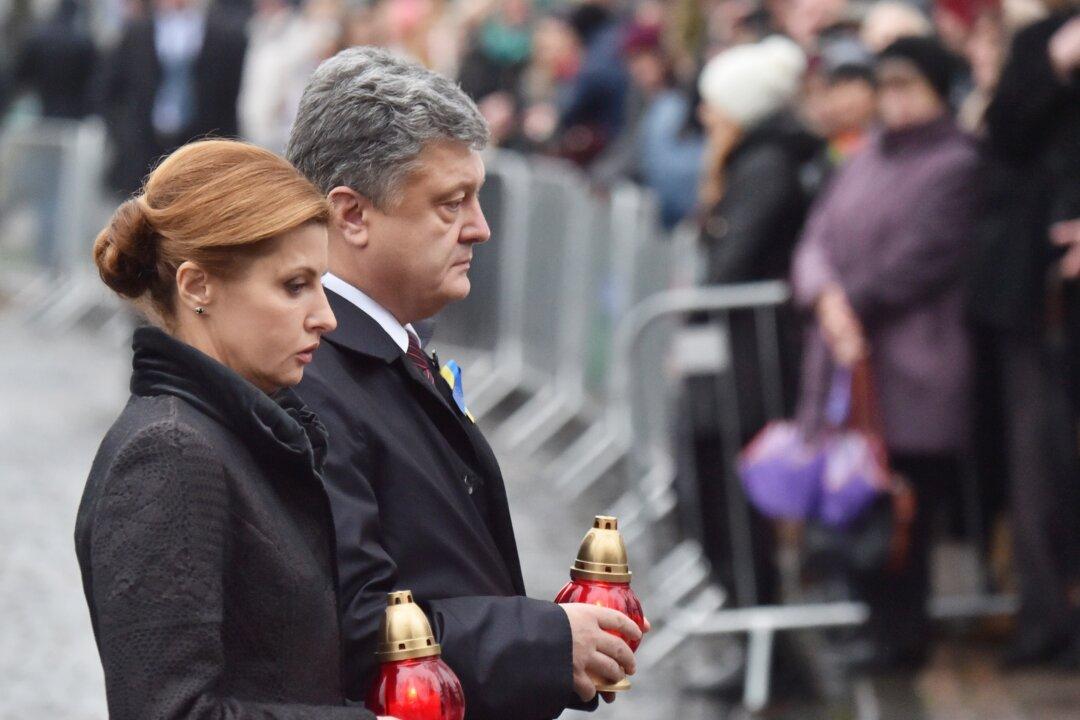On the face of it, the conflict in Ukraine seems to have stabilized somewhat. Sporadic shelling aside, the last few months of 2015 saw the “hot” phase of the conflict in eastern Ukraine wind down to a relative calm.
Both parties’ forces have been slowly withdrawing in accordance with the latest ceasefire agreement, and while there were some isolated clashes between the opposing parties over the Christmas period, they haven’t derailed the current plans. Indeed, German Chancellor Angela Merkel remains optimistic about achieving progress in the negotiations.
Meanwhile, Russia’s military attention seems now to be mostly devoted to its military intervention in Syria and the tensions that’s caused with other countries, particularly Turkey.
But it’s easy to forget how serious the situation still is. After all, this conflict has killed more than 9,000 people—and the tension between Ukraine and Russia remains palpable.
